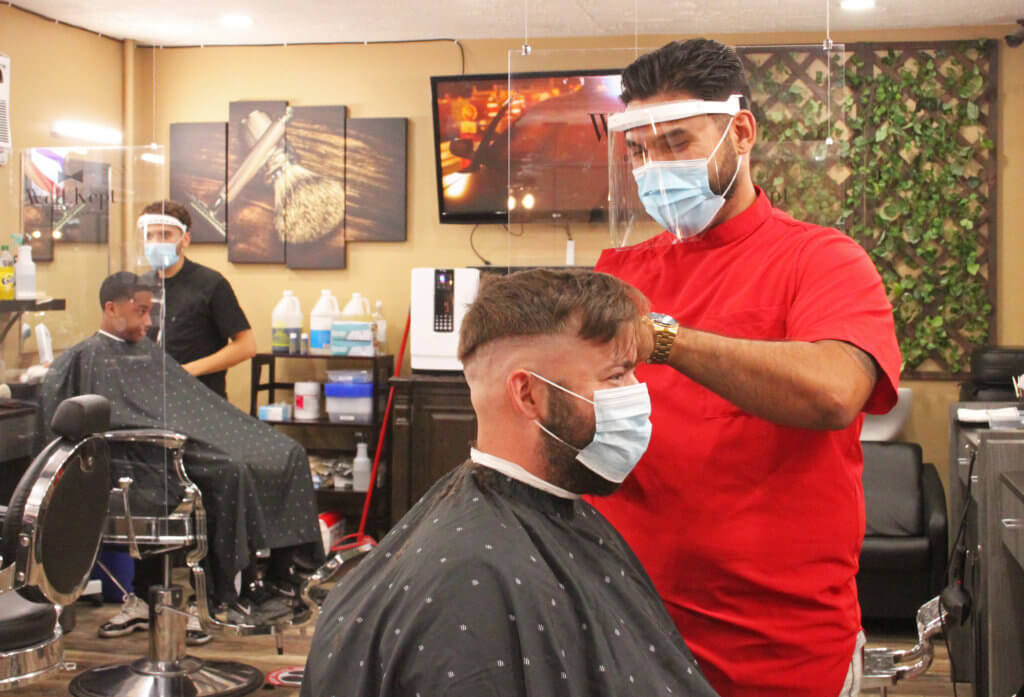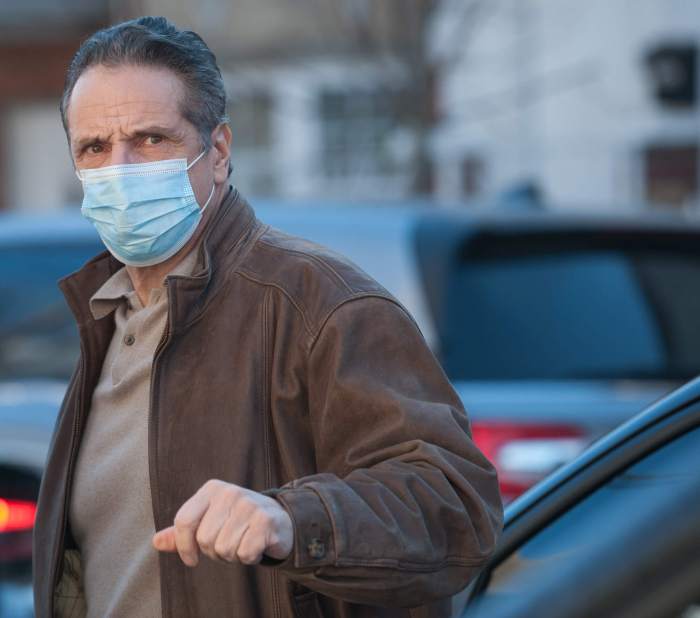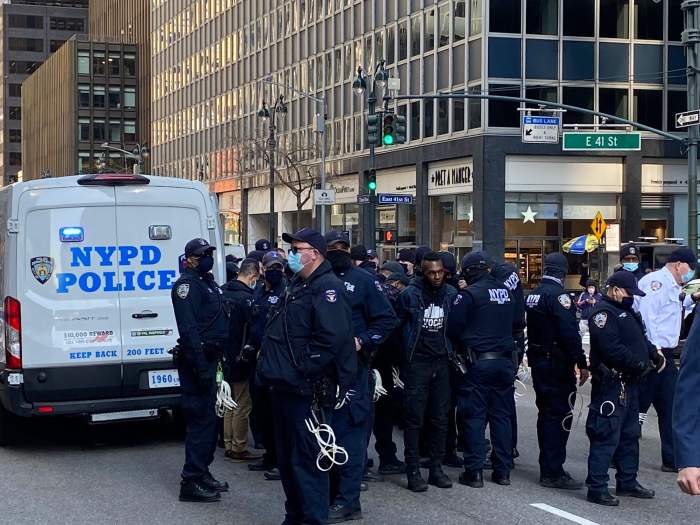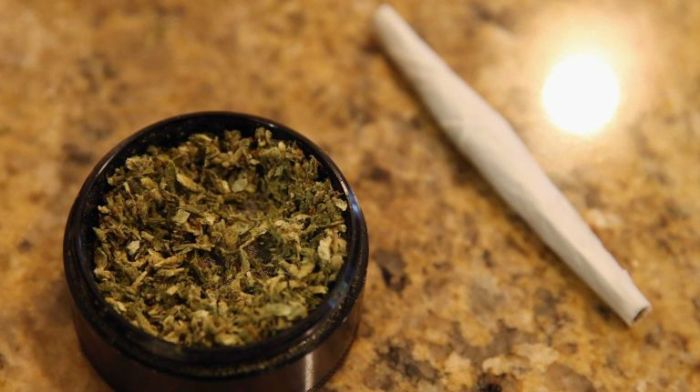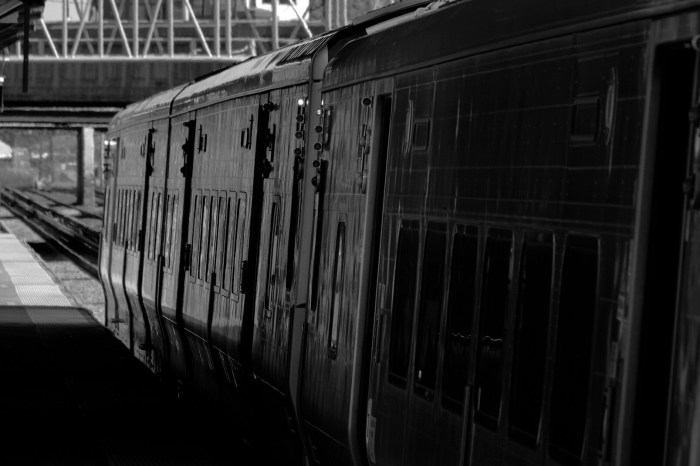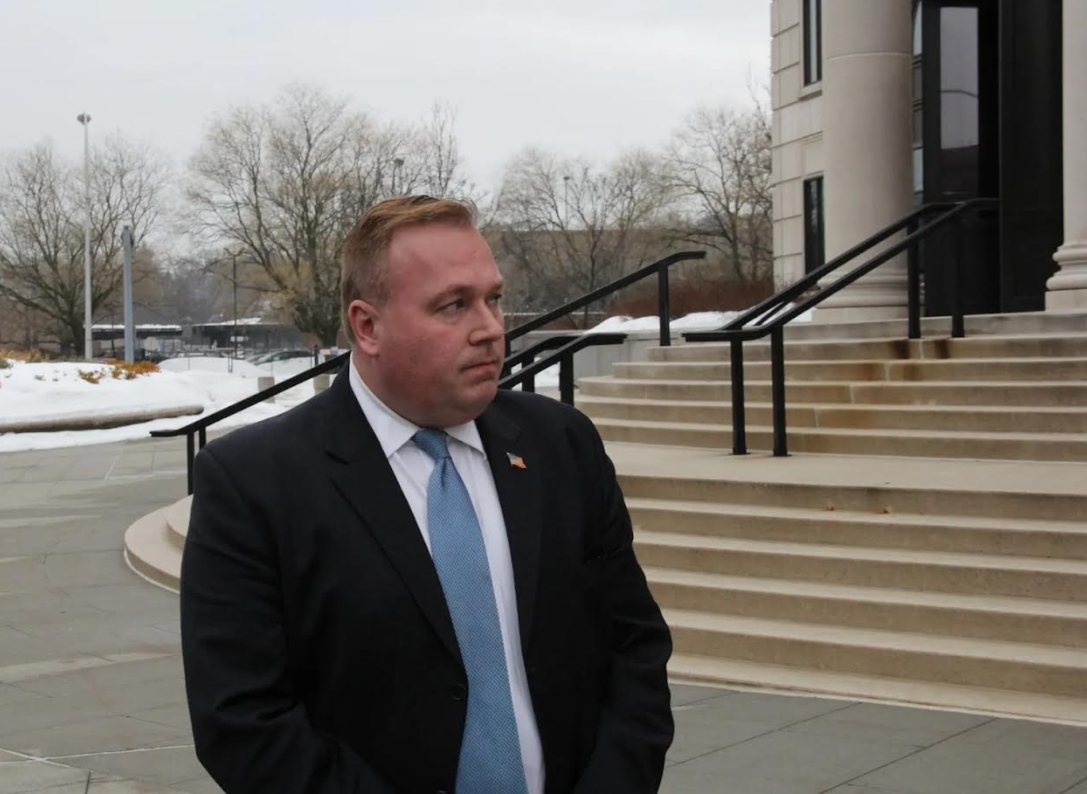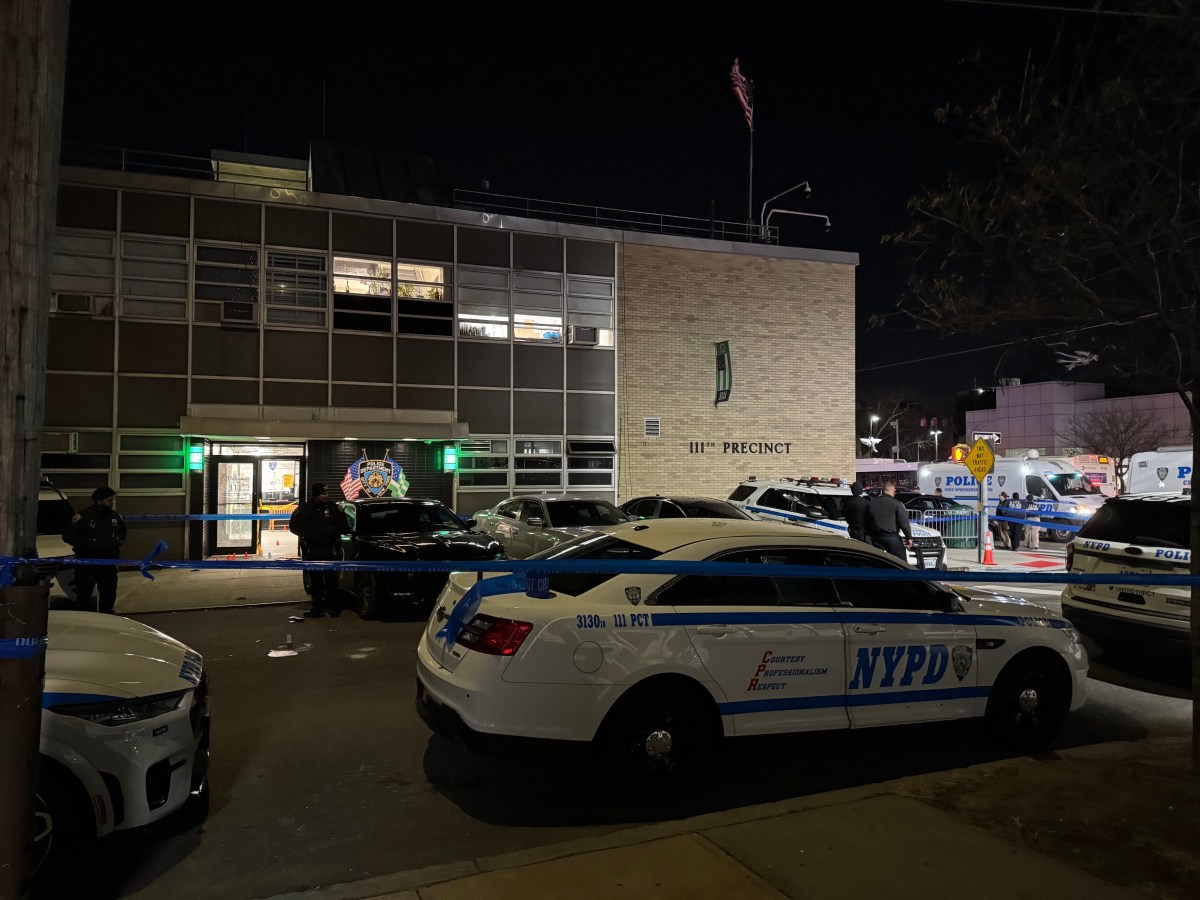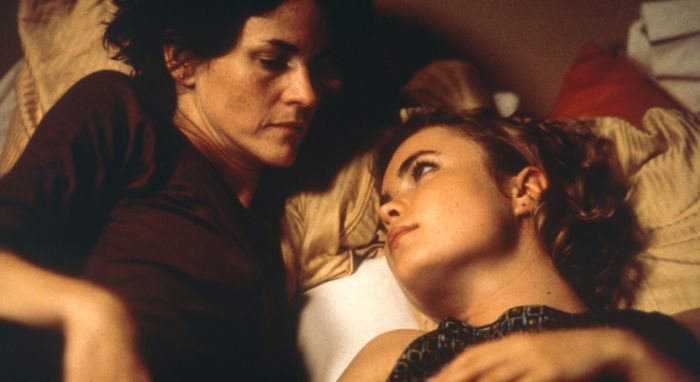Governor Andrew Cuomo signed legislation on July 13 ending an almost century-old, rarely-enforced state-wide law prohibiting barbering on Sundays.
“This is the very definition of an archaic and meaningless law that makes little to no sense in the 21st century,” Governor Cuomo said in a statement Tuesday. “While not routinely enforced, I’m more than happy to sign this repeal into law and allow these businesses to determine what days they choose to operate.”
The bipartisan bill by two upstate lawmakers, Republican state Senator Joseph Griffo and Democratic Assembly Member Billy Jones, repealed a section of the state’s General Business Law that forbids anyone from engaging “in the business of shaving, hair cutting or other work of a barber on the first day of the week.”
Lawbreakers technically committed a misdemeanor and were subject to fines of $5 for the first offense, $10 for the second, and $25 for the third infraction which included the possibility of 10-25 days of jail time.
While the statute was largely a remnant of a more puritanical era, the lawmakers wanted to remove the ban to help ailing barbershops whose revenues were cut short by the COVID-19 pandemic.
“Barbershops and salons, like all small businesses, have faced significant, unprecedented and strenuous challenges during the coronavirus pandemic,” said Griffo. “By removing outdated and unnecessary laws such as this, these businesses will be provided with an additional opportunity to recover financially as we work to rebuild our local and state economies.”
The Sunday cutoff dates back to 1926, when state legislators under then-Governor Al Smith introduced a law ending an exception for New York City and Saratoga Springs, the only two cities in the state which still permitted barbers to conduct business on the Sabbath before 1 p.m., according to old clips from The New York Times.
Business groups bristled at the proposal during a public hearing in Albany on May 12 of that year, with one Frank Boland, a lawyer for the New York State Hotel Association, likening it to the prohibition of alcohol, declaring that New Yorkers would still buy a taboo trim at “bootleg prices.”
About a dozen “master barbers” said the current law prevented them from going to church and having any time with their families.
“A barber is the laughing stock of his family for putting up with conditions like those that exist,” one speaker is reported to have said at the hearing.
While shops and salons may have been able to snip illicitly scot-free in recent years, in 1936, a New Rochelle barber was fined $5 by a patrolman who spotted him working on the holy day of rest, according to the Times — leaving his covert customer with a face only half-shaved!
According to a modern-day barber in Manhattan, the Sunday regulation may still be observed in more rural, god-fearing parts of the Empire State, but not in the City that Never Sleeps.
“My old boss used to say, ‘We never followed that, we don’t pay it any mind,’” said Frank Ribecca, manager of Astor Place Hairstylists, which has been defiantly open for business seven days a week for as long as he can remember. “Now with the pandemic, the last thing you want to do is close on a day.”
He said the main day that his employees want to stop chopping on is Mondays, especially among old-timers.
“It could be even Christmas Eve — which is a very busy day for us — if it falls on a Monday, they ain’t coming in,” he said. “It’s like a religion to them.”



